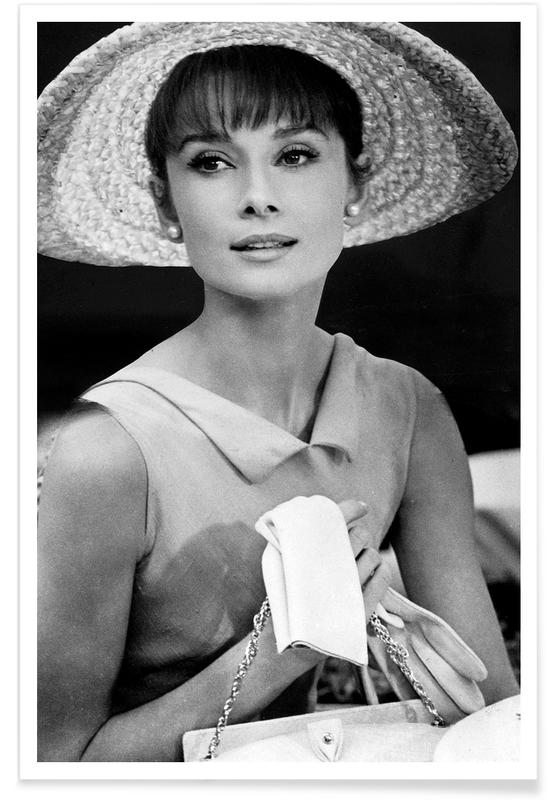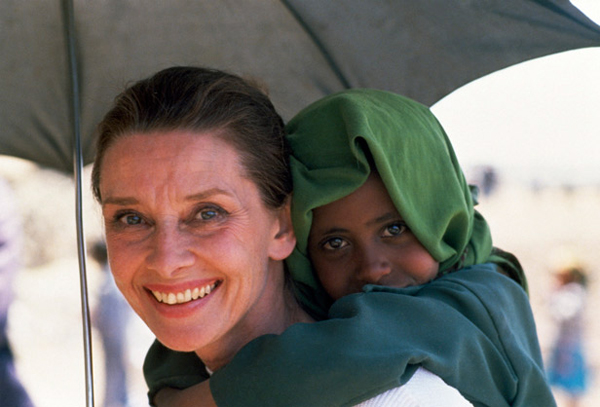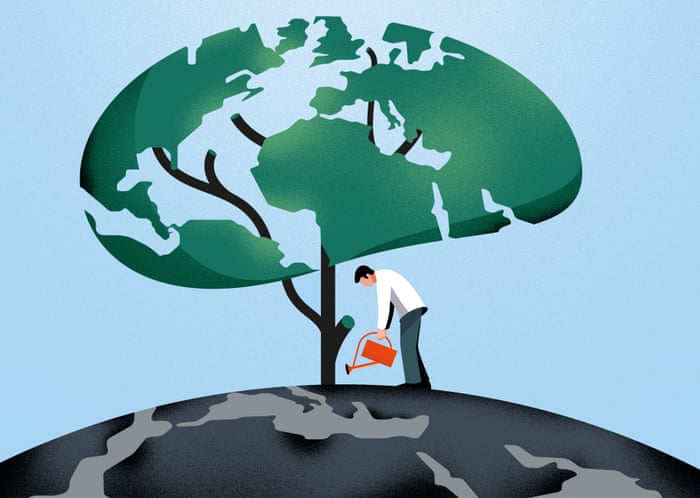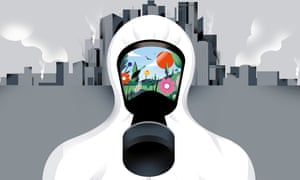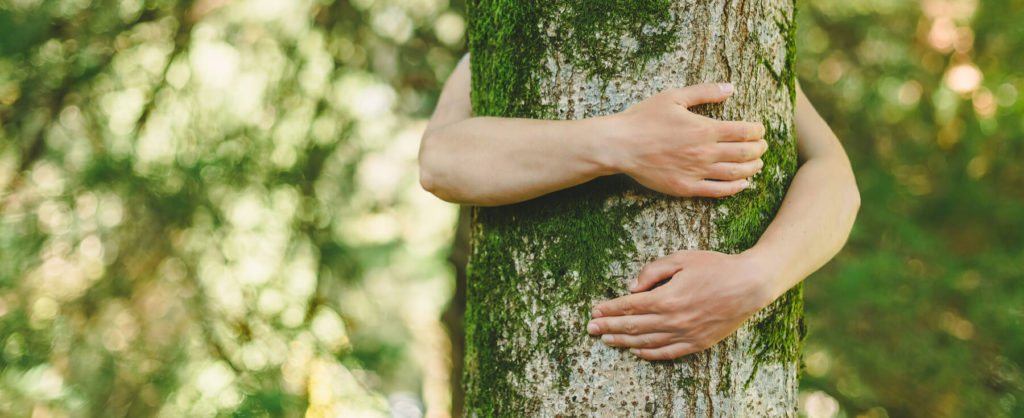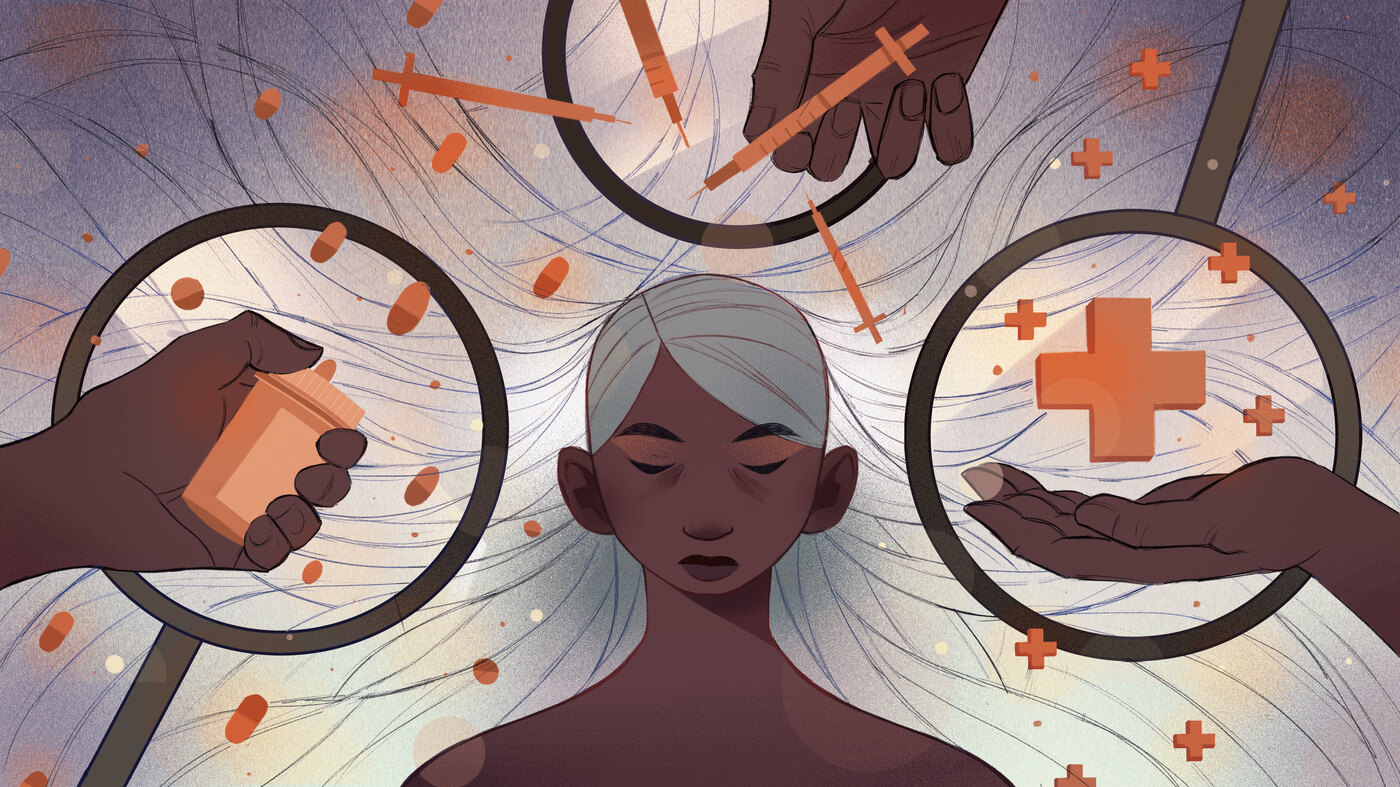PRAXIS PART ONE: HIGHLIGHTS
In my blog, Praxis: Part One, I gave a ‘run-down’ of my ideas for practicing ecofeminism. The current state of the world makes it quite difficult to fundraise or join community-based organizations. I had suggested ‘seed-bombing’ and going vegan as my own personal way to commit to ecofeminism practice and principles.
Further beyond this time of crisis, I have implemented a plan to fundraise via one joint yard sale with my friends and family. I will hopefully be able to do this in July (hoping that we will be doing better in our current health crisis). My friends and family have agree to participate in this yard sale and donate our proceeds to UNICEF.
UNICEF’s mission statement is PUTTING CHILDREN FIRST, ALL OVER THE WORLD. I have always been a supporter of UNICEF and, I believe they are a beautiful example of ecology, feminism, and human rights merging together for one cause. Just a few things that UNICEF is responsible for:
- “UNICEF helps immunize 45% of the worlds children
- UNICEF has provided lifesaving interventions that have cut child deaths by more than 50% since 1990
- UNICEF works in more than 190 countries and territories to provide these life-saving services
- Last year, UNICEF responded to 300 humanitarian emergencies.
-
Since 2000, UNICEF has distributed 1 billion insecticide-treated bed nets across Africa. “If you are interested in more information on this organization please visit: https://www.unicefusa.org/help/advocate
PRAXIS PART TWO: RESULTS
Since, my fundraiser for UNICEF is on the ‘back-burner’ during this stay-at-home advisory, I have decided to make a small donation via their website. In addition to this, I will be participating in their online activist community. The online advocacy center on www.unicefusa.org offers information and support on how you can reach members of congress and work towards justice and quality of life for America’s youth. I have begun writing to members of congress on an issue I feel particularly strong about: ending child marriage in the United States. Even today in the United States, children are being married before the age of eighteen due to our flawed and aged out legislature.
https://act.unicefusa.org/childmarriage
In addition to my online presence in UNICEF’s community, I will be ‘seed bombing’ once the weather lets up. It has rained in my town every day this week and, I am waiting for less harsh weather to begin planting. I have already bought a surplus of seeds and, my fiance will be assisting me in spreading the seeds around our community.
Full discretion: I did not become vegan but, will consider it in the future.
FINAL THOUGHTS: MY INSPIRATION
If you were to ask me why UNICEF was so important to me, I would say Audrey Hepburn: my lifelong idol. Audrey Hepburn was born into Dutch royalty in Belgium and was pursuing a career in ballet. Her family were Nazi-sympathizers during WWII but, she raised money with her ballet performances to send to the US and UK’s efforts to end the war. Afterwards she became one of the most famous actresses of all time.
Audrey Hepburn left her career in Hollywood to work full-time for UNICEF. She served on missions in Ethiopia serving those stricken by famine. She served in Turkey on a polio vaccine project. In Venezuela, she worked on training programs focusing on women. In Ecuador and Guatemala, she helped provide clean drinking water. In El Salvador, she worked on literacy projects for children. In Thailand she worked on improving quality of life for impoverished children. In Sudan and Vietnam, she worked on nutrition projects. In addition to all of this, Audrey testified before Congress and launched UNICEF’s ‘State of the World’s Children’ reports, and tirelessly fundraised.
Finally after being diagnosed with cancer, Audrey Hepburn spent the remainder of her life working in Somalia, Kenya, Switzerland, France, the United States, and Kenya for UNICEF. She received the Presidential Medal of Freedom and, she is what inspires me every day to be a better person. She is the reason I went door to door fundraising for UNICEF as a little kid.
FINAL NOTE: If anyone in ECOFEM is interested in teaming up or fundraising together for UNICEF please let me know!
ANNOTATED SOURCES
- UNICEF’s mission statement is PUTTING CHILDREN FIRST, ALL OVER THE WORLD, https://www.unicefusa.org/mission
- “UNICEF helps immunize 45% of the worlds children, https://www.unicefusa.org/mission
- UNICEF has provided lifesaving interventions that have cut child deaths by more than 50% since 1990, https://www.unicefusa.org/mission
- UNICEF works in more than 190 countries and territories to provide these life-saving services, https://www.unicefusa.org/mission
- Last year, UNICEF responded to 300 humanitarian emergencies, https://www.unicefusa.org/mission
-
Since 2000, UNICEF has distributed 1 billion insecticide-treated bed nets across Africa, https://www.unicefusa.org/mission
- Even today in the United States, children are being married before the age of eighteen due to our flawed and aged out legislature, https://act.unicefusa.org/childmarriage
- She served on missions in Ethiopia serving those stricken by famine. She served in Turkey on a polio vaccine project. In Venezuela, she worked on training programs focusing on women. In Ecuador and Guatemala, she helped provide clean drinking water. In El Salvador, she worked on literacy projects for children. In Thailand she worked on improving quality of life for impoverished children. In Sudan and Vietnam, she worked on nutrition projects. In addition to all of this, Audrey testified before Congress and launched UNICEF’s ‘State of the World’s Children’ reports, and tirelessly fundraised. https://www.unicef.org/people/people_audrey_hepburn.html

